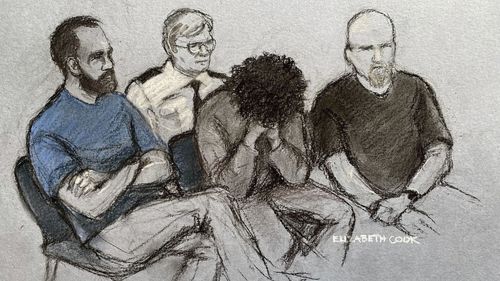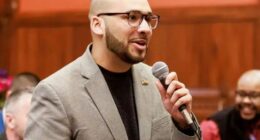During the court proceedings, Rudakubana interrupted the prosecutors by stating from the dock that he was feeling unwell and requested to see a paramedic.

In the years before the attack he had been reported to multiple authorities over his violent interests and actions.
According to Home Secretary Yvette Cooper, Rudakubana had a history of violent behavior, including an assault on another child at school. He had been in contact with children’s social services, mental health support, and law enforcement, with police responding to his home five times between 2019 and 2022 due to his conduct.
He was referred three times to the government’s anti-extremism program, Prevent, when he was 13 and 14.
All of the agencies failed to spot the danger he posed.
The government has labeled this case as a wake-up call. Prime Minister Keir Starmer emphasized the need for “fundamental change” in how the state safeguards its people. Consequently, a public inquiry has been announced to investigate the system failures that enabled Rudakubana to perpetrate the attack using a knife acquired from Amazon.
He said laws might need updating to combat a “new threat” from violent individuals whose mix of motivations test the traditional definition of terrorism, “acts of extreme violence carried out by loners, misfits, young men in their bedrooms”.
The Crown Prosecution Service has defended the decision not to disclose details before Rudakubana went to court, saying “releasing that information earlier would have put the trial at risk.”
UK contempt of court laws limit what can be reported before trial, in the interests of preventing jury bias.








